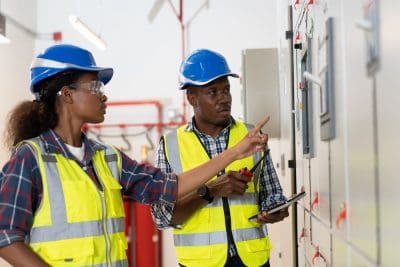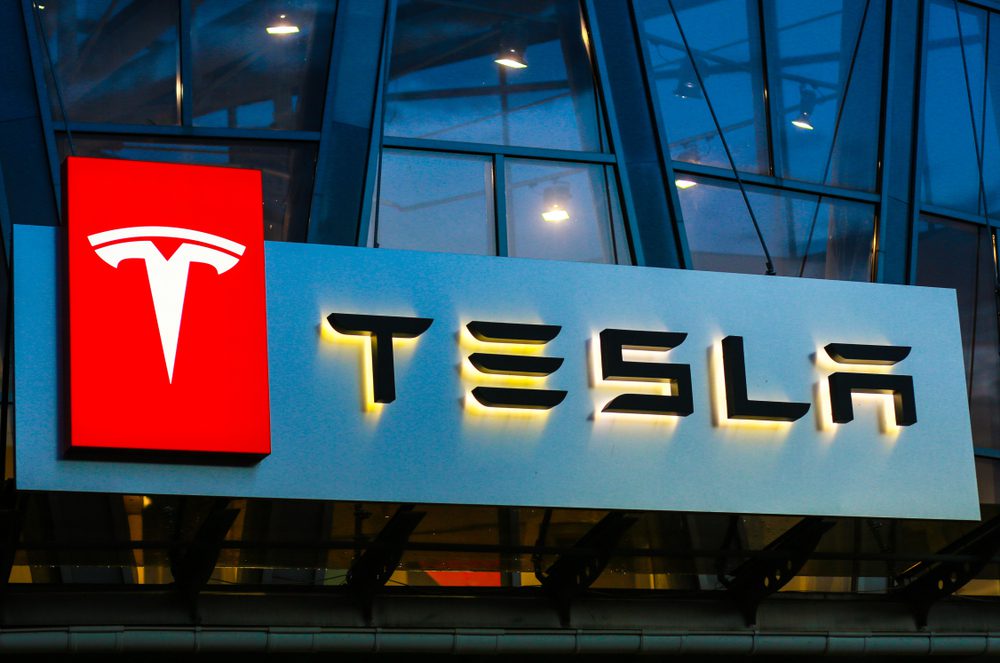The global shift towards electric vehicles is creating waves of change across industries, opening new career paths and reshaping existing ones. As the EV market expands, seven key professions stand to gain significant advantages from this green revolution.
The manufacturing foundation
Auto manufacturing workers are at the forefront of the EV transformation. Unlike traditional vehicle production, electric cars require specialized knowledge of battery systems, unique drivetrains, and advanced electronic components. Major automakers are investing heavily in retraining programs, equipping their workforce with EV-specific skills that ensure job stability in this evolving industry.
The transition has introduced an entirely new production ecosystem. Workers now handle sophisticated battery assemblies, high-voltage systems, and complex electronic components that weren’t part of traditional auto manufacturing. This shift not only creates job security but often leads to higher-skilled positions with better compensation.
Power system expertise
Electricians and electrical engineers are experiencing unprecedented demand as the EV infrastructure expands. Electricians are crucial for installing and maintaining charging stations in homes, businesses, and public spaces. Their expertise ensures that charging networks are reliable, safe, and efficient.
Electrical engineers tackle the broader challenges of EV adoption, designing improved battery systems and developing more efficient charging technologies. They work on everything from renewable energy integration to smart grid solutions, making electric vehicle charging more accessible and reliable. The growing complexity of EV systems has created a steady stream of opportunities for these professionals.
Automotive service evolution
Automotive technicians and mechanics are adapting their skills to meet the unique demands of electric vehicles. These professionals must master new diagnostic tools and repair techniques specific to electric powertrains, regenerative braking systems, and high-voltage batteries. The complexity of EVs has created a need for specialized certifications and continuous training.
Traditional repair shops are transforming into high-tech service centers, requiring technicians to understand both mechanical systems and advanced electronics. This evolution has opened new career paths for mechanics willing to invest in EV-specific education and certification programs.
Environmental expertise
Environmental consultants play an increasingly vital role as organizations navigate the transition to electric vehicles. These professionals help companies and governments develop sustainable transportation strategies, ensure regulatory compliance, and assess environmental impact. Their expertise becomes more valuable as businesses seek to reduce their carbon footprint through EV adoption.
The growing focus on sustainability has created opportunities for consultants to specialize in EV-related environmental assessment and planning. They work with organizations to maximize the environmental benefits of electric vehicle adoption while minimizing potential negative impacts.
Urban development and planning
Urban planners are reimagining cities to accommodate the electric vehicle revolution. Their work involves integrating charging infrastructure into existing urban landscapes, designing EV-friendly spaces, and developing sustainable transportation networks. This role has gained renewed importance as cities strive to reduce pollution and create more sustainable communities.
The challenge extends beyond simply adding charging stations. Planners must consider power grid capacity, traffic patterns, and accessibility needs while ensuring that EV infrastructure serves all community members equitably. Their decisions shape how cities will function in an increasingly electric future.
Clean energy integration
Renewable energy technicians are essential to the EV ecosystem, ensuring that electric vehicles truly deliver on their environmental promise. These professionals install and maintain the solar panels, wind turbines, and other renewable energy systems that power charging stations. Their work creates a crucial link between clean energy generation and sustainable transportation.
As more organizations seek to power their EV fleets with renewable energy, these technicians find themselves in growing demand. The role combines technical expertise with environmental stewardship, offering opportunities for those interested in both clean energy and transportation technology.
Battery technology advancement
Battery technologists and recycling experts represent the final piece of the EV workforce puzzle. Battery technologists focus on developing more efficient, longer-lasting power sources for electric vehicles, while recycling experts tackle the crucial challenge of sustainable battery disposal and material recovery.
This specialty has become increasingly important as the industry faces questions about battery life cycles and environmental impact. Recycling experts work to recover valuable materials like lithium and cobalt, making the electric vehicle industry more sustainable while creating new economic opportunities.
The road ahead
The electric vehicle revolution is creating a ripple effect across these seven professions, offering both challenge and opportunity. Success in these fields requires adaptability and a commitment to continuous learning as technology evolves. For professionals willing to embrace this change, the EV industry offers stable, rewarding careers with the added satisfaction of contributing to a more sustainable future.
As battery technology improves and charging infrastructure expands, these roles will continue to evolve. The professionals who thrive will be those who stay current with advancing technology while maintaining expertise in their core field. The future of transportation is electric, and these seven professions will play crucial roles in making that future possible.
This story was created using AI technology.











